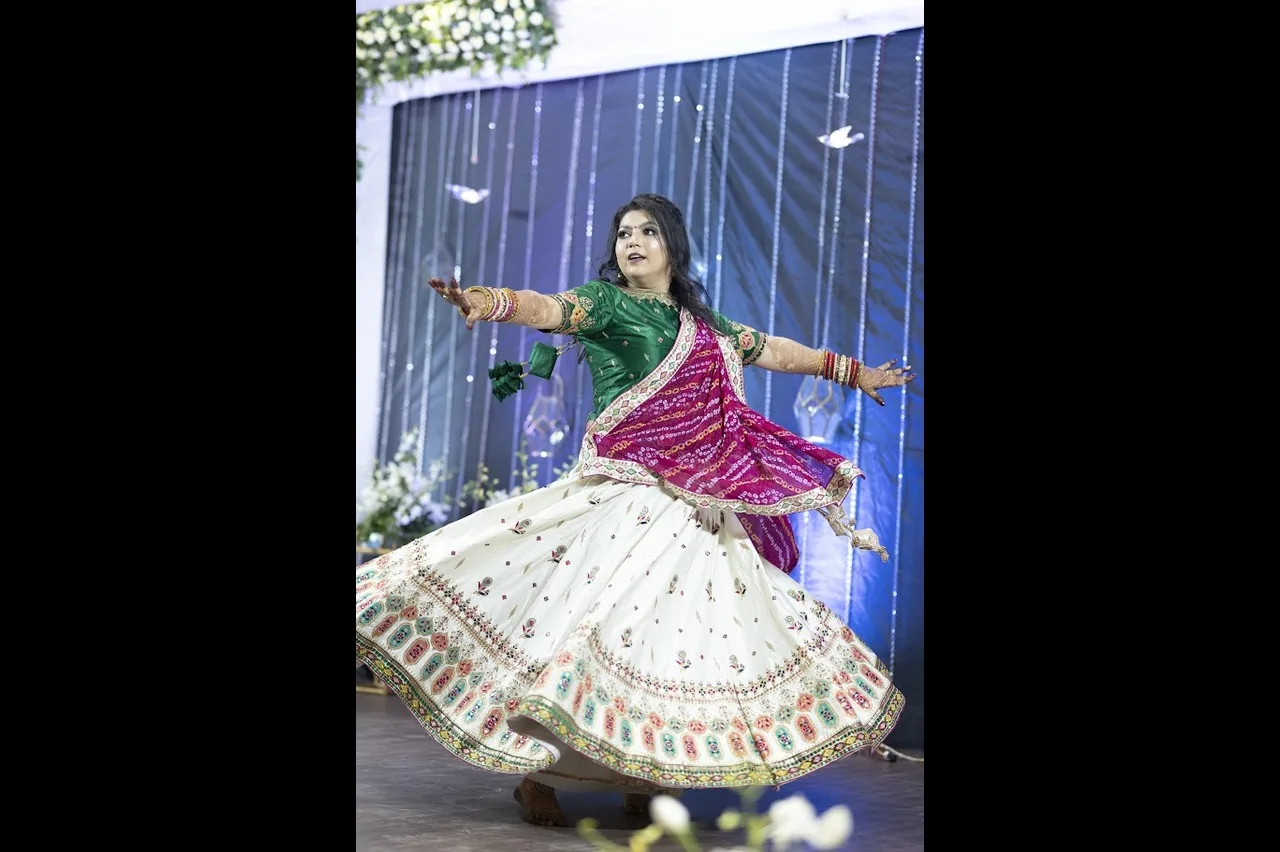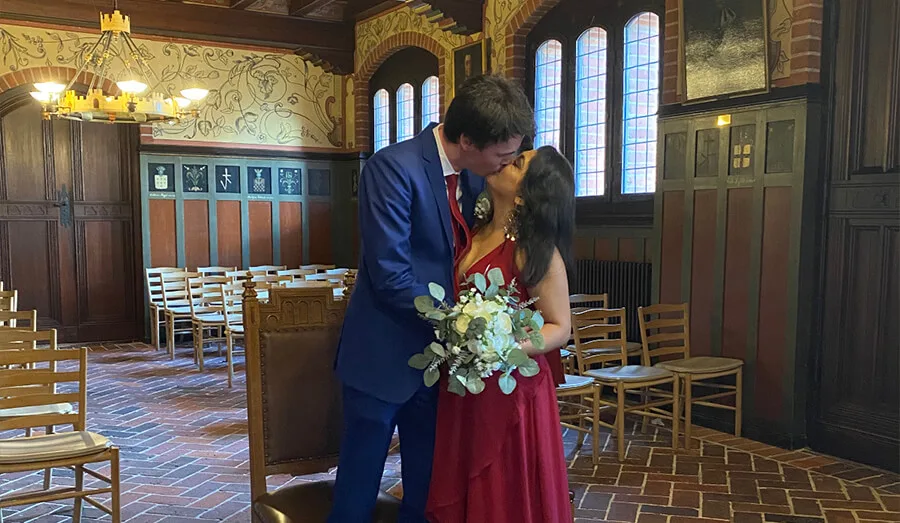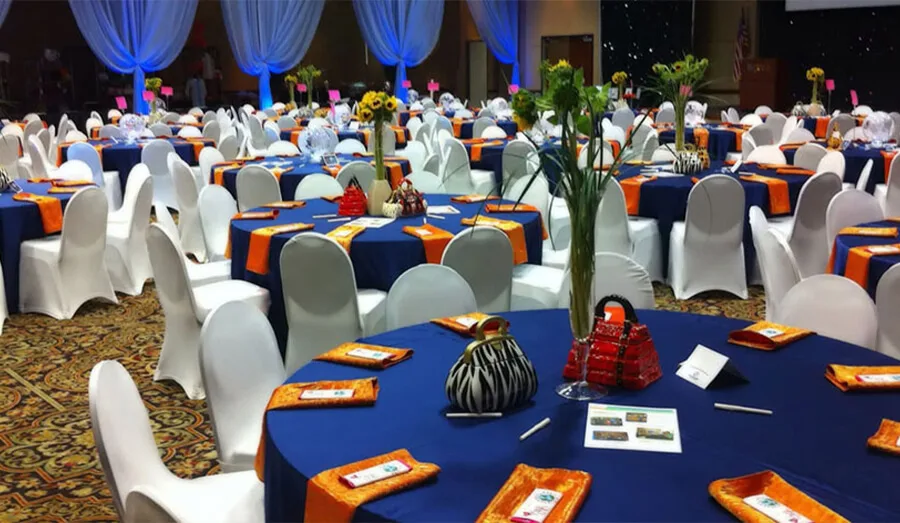“NRI Weddings in India: A Blend of Tradition and Global Flavors”

“NRI Weddings in India: A Blend of Tradition and Global Flavors”
Introduction: Non-resident Indian (NRI) weddings in India are a unique and vibrant fusion of traditional Indian customs and global influences. These weddings often feature a rich amalgamation of cultures, languages, and customs, reflecting the diverse experiences and backgrounds of the NRI couples. In this blog, we’ll explore the characteristics of NRI weddings in India and how they celebrate the union of two families and cultures.
Bridging the Cultural Gap: NRI weddings in India are a beautiful amalgamation of traditions from both the homeland and the host country. These weddings are a wonderful opportunity to bridge the cultural gap and allow families to connect with their roots, fostering a sense of belonging and unity.
Choice of Venue: India offers a diverse array of stunning wedding venues, from palatial heritage properties and pristine beaches to lush hill stations and bustling metropolitan cities. NRIs often choose venues that resonate with their preferences, be it a regal palace wedding in Rajasthan or a serene beach wedding in Goa.
Multicultural Ceremonies: NRI weddings typically include a series of rituals and ceremonies that highlight the cultural blend. This may include a mehndi ceremony, sangeet, haldi, and other pre-wedding functions. Guests enjoy witnessing the customs of the bride and groom, which often include elements like traditional dance performances, song renditions, and storytelling.
Exquisite Attire: Brides and grooms often choose attire that reflects their dual cultural identities. It’s common to see brides donning a combination of a traditional Indian bridal outfit for the wedding ceremony and a contemporary, elegant gown for the reception. The groom may choose a sherwani or traditional attire for the ceremony and a sharp suit for the reception.
Fusion Cuisine: Food is a crucial aspect of NRI weddings in India. Caterers create a fusion of traditional Indian cuisine and international flavors. This culinary diversity ensures that guests from different backgrounds can savor a variety of delicacies.
Global Guest List: NRI weddings often feature a global guest list, including family and friends from different parts of the world. The presence of diverse nationalities adds to the cultural richness of the celebration and provides a unique opportunity for cross-cultural interactions.
Technological Integration: With many NRI guests unable to attend in person, technology plays a vital role in these weddings. Live streaming, virtual ceremonies, and social media updates help connect those who cannot be present physically.
Return to Roots: For NRIs, getting married in India is a way to connect with their heritage and introduce their partner to their cultural roots. These weddings often include tours and visits to ancestral villages or hometowns, adding an extra layer of significance to the celebration.
NRI weddings in India are a beautiful and unique celebration of love, culture, and heritage. By combining traditional Indian customs with global influences, these weddings offer a rich and diverse experience that celebrates the union of two families and cultures. Whether it’s the grandeur of the celebration, the cross-cultural elements, or the personal touches, NRI weddings in India are a testament to the couple’s journey and the blending of two worlds.



















